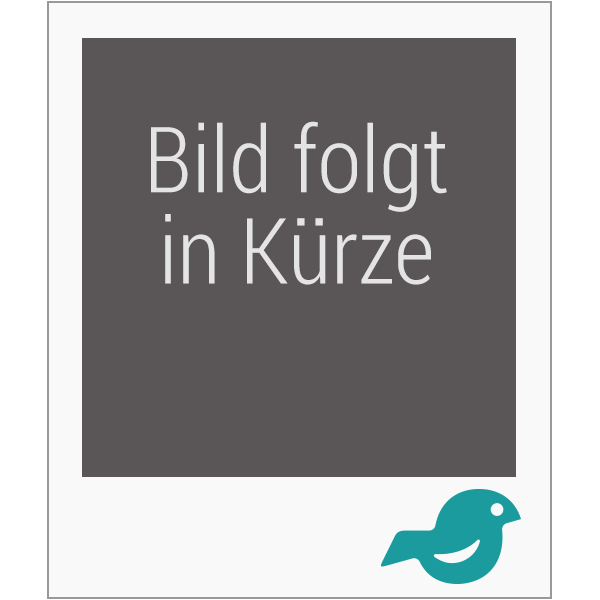The book is describing technological developments as well as urban futures in the information age where the development of ICT sets the pace and options. Despite this dynamic development, the book describes how stabile daily travelling still is and highlights the achievable impacts and acceptability of transport policy measures. Freight transport is discussed from the viewpoint of industry. In addition, some innovative approaches in rearranging current freight transport networks are given. Transport future is mapped from various viewpoints. Light-rail is presented as a possible backbone of urban regions. Methods to evaluate the societal consensus related to the spatial development - linked to transport infrastructures - are described. Methods to assess spatial planning policies are presented as well as options for benchmarking local public transport companies.
Our world is continuously changing as new technologies are developed, demographic patterns evolve and new social and political configurations emerge. However, most people would agree that, not unlike the time of the Industrial Revolution, the rate of change has accelerated over the last few decades. It is certainly the case of many economic activities, where the trend towards globalization, supported by a faster diffusion of knowledge and information, economies of scale, the opening of borders and improved transport networks, has induced a spatial redistribution of production and ownership. Until recently, the concomitant economic growth eased the way towards the necessary reorganization, but, at the same time, created additional environmental and transport problems. This phenomenon is pervasive all around the globe, but it particularly affects the European continent, which is still fragmented by administrative, cultural and linguistic differences, national boundaries and rivalries. In this context, the slow, but persistent drive towards market integration and deregulation makes Europe an extraordinary laboratory for politicians, economic researchers and especially for transport analysts.
Our world is continuously changing as new technologies are developed, demographic patterns evolve and new social and political configurations emerge. However, most people would agree that, not unlike the time of the Industrial Revolution, the rate of change has accelerated over the last few decades. It is certainly the case of many economic activities, where the trend towards globalization, supported by a faster diffusion of knowledge and information, economies of scale, the opening of borders and improved transport networks, has induced a spatial redistribution of production and ownership. Until recently, the concomitant economic growth eased the way towards the necessary reorganization, but, at the same time, created additional environmental and transport problems. This phenomenon is pervasive all around the globe, but it particularly affects the European continent, which is still fragmented by administrative, cultural and linguistic differences, national boundaries and rivalries. In this context, the slow, but persistent drive towards market integration and deregulation makes Europe an extraordinary laboratory for politicians, economic researchers and especially for transport analysts.

